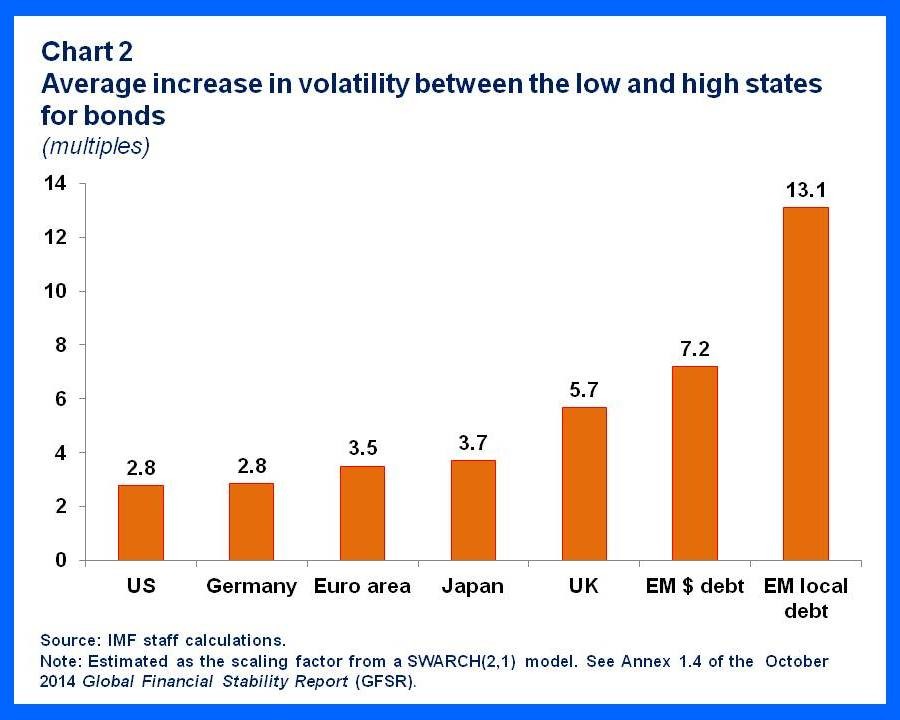The Risks Of Investing In Emerging Markets
Post on: 16 Май, 2015 No Comment

Emerging markets provide new investment opportunities. such as elevated economic growth rates, higher expected returns and diversification benefits. But there are risks — both to residents and foreign investors. One example that has recently been making headlines is that of Turkey — a country often hailed as a booming economy of almost miraculous proportions, and having the honor of being one of the MINT nations. But its on-again, off-again protests against Prime Minister Recep Tayyip Erdogan have often resulted in violent clashes. Global speculation keeps resurfacing that Turkey has its eyes on invading neighboring Syria. Allegedly in a preemptive clampdown on chatter on the issue, Turkey has shut down domestic access to popular social networks, banning the video streaming site YouTube on March 27, following a similar ban of local Twitter (Nasdaq:TWTR ) feeds early in the month.
These are the kinds of signs of unrest that make potential foreign investors hesitant to set up business in an emerging economy. The foment in Turkey is still playing out and the end result is not yet predictable. But there are a number of risks that potential investors should be aware of before planting a flag in any number of emerging economies.
Foreign investments in stocks and bonds will typically produce returns in the local currency of the investment. As a result, investors will have to convert this local currency back into their domestic currency. An American who purchases a Brazilian stock in Brazil will have to buy and sell the security using the Brazilian real. Therefore, currency fluctuations can impact the total return of investment. If, for example, the local value of a held stock increased by 5%, but the real depreciated by 10%, the investor will experience a net loss in terms of total returns when selling and converting back to U.S. dollars.(See our tutorial on Forex Currencies )
2) Non-Normal Distribution
North American market returns arguably follow a pattern of normal distributions. As a result, financial models can be used to price derivatives and make somewhat accurate economic forecasts about the future of equity prices. Emerging market securities, on the other hand, cannot be valuated using the same type of mean-variance analysis. Also, because emerging markets are undergoing constant changes, it is almost impossible to utilize historical information in order to draw proper correlations between events and returns.
3) Lax Insider Trading Restrictions
Although most countries claim to enforce strict laws against insider trading. none have proved to be as rigorous as America in terms of prosecuting unfair trading practices. Insider trading and various forms of market manipulation introduce market inefficiencies, whereby equity prices will significantly deviate from their intrinsic value. Such a system can be subject to extreme speculation, and can also be heavily controlled by those holding privileged information.
4) Less Liquidity














